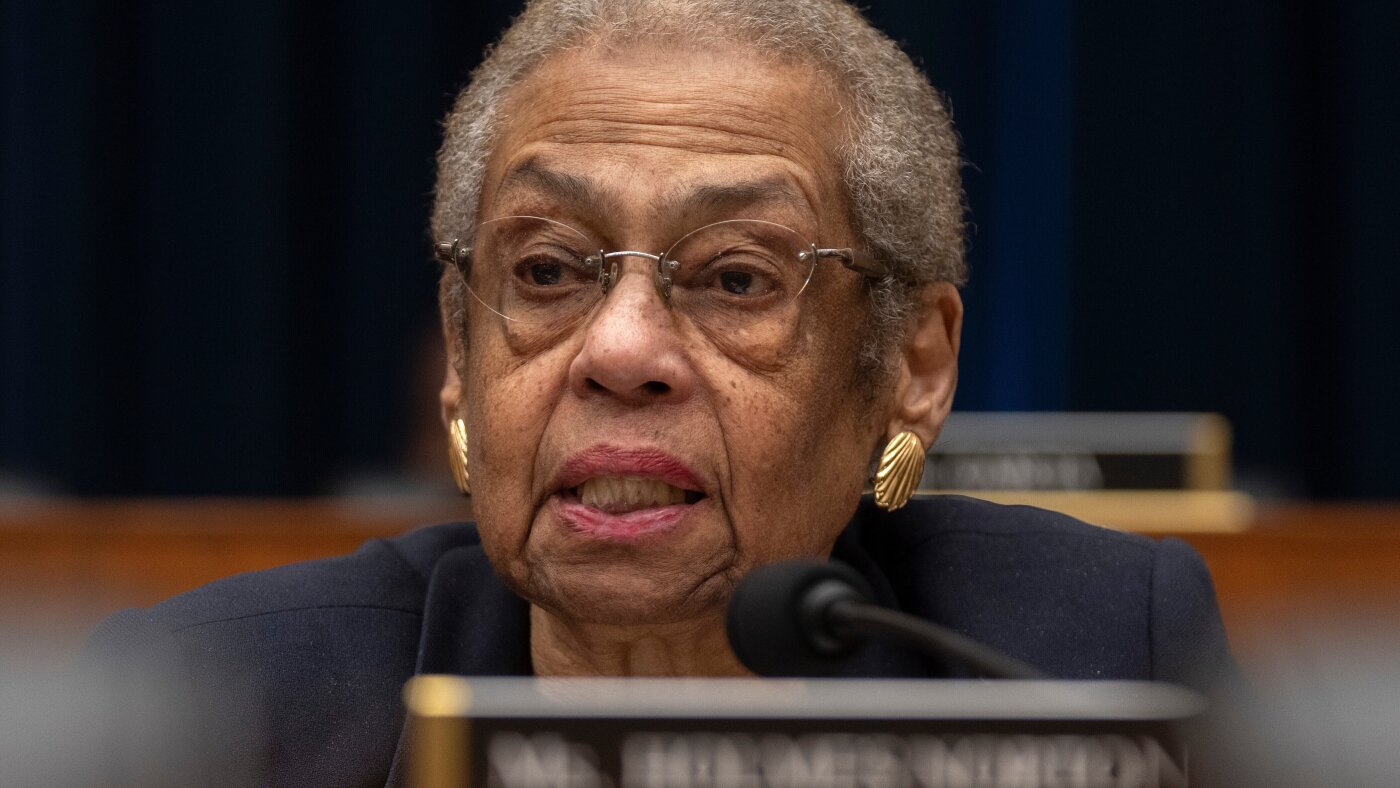
A new bipartisan bill introduced in the Ohio State Senate aims to make declawing cats illegal in most cases. This significant legislative move reflects growing concerns regarding animal welfare and the ethical implications of such procedures. If enacted, Ohio would join a number of states that have already taken similar action to protect felines from unnecessary suffering.
Declawing, a procedure that involves amputating the last bone of each toe, is often performed to prevent cats from scratching furniture or people. However, veterinarians and animal welfare advocates argue that it poses serious health risks and can lead to long-term behavioral issues in cats, including increased aggression and anxiety. According to local veterinarian Dr. Jane Smith, declawing is not only painful but can also hinder a cat’s natural behaviors.
The proposed legislation has garnered support from both sides of the political aisle, indicating a growing recognition of the need for stronger animal protection laws. Dr. Smith noted that this bill could pave the way for further advancements in animal welfare within the state. “It’s time we prioritize the well-being of our pets over convenience,” she stated.
Public opinion appears to be shifting, with many Ohio residents expressing support for the ban. A recent survey indicated that approximately 70% of respondents are in favor of prohibiting declawing, citing concerns about animal rights and humane treatment. Advocates argue that alternatives, such as regular nail trimming and providing scratching posts, can effectively manage scratching behavior without resorting to surgical procedures.
The bill is currently under review and could face further amendments as it progresses through the legislative process. Proponents are hopeful that it will receive a favorable vote, allowing Ohio to take a significant stand on animal welfare issues.
As discussions continue, those in favor of the ban are urging pet owners to consider the implications of declawing on their feline companions. “It’s crucial to understand that declawing is not a standard procedure but rather a last resort,” Dr. Smith emphasized.
With the introduction of this bill, Ohio is poised to join an important movement advocating for the humane treatment of animals, setting an example for other states to follow. The outcome of this legislation could have lasting effects on the way pet ownership is approached in the state, aligning legal practices with evolving societal values regarding animal rights.






